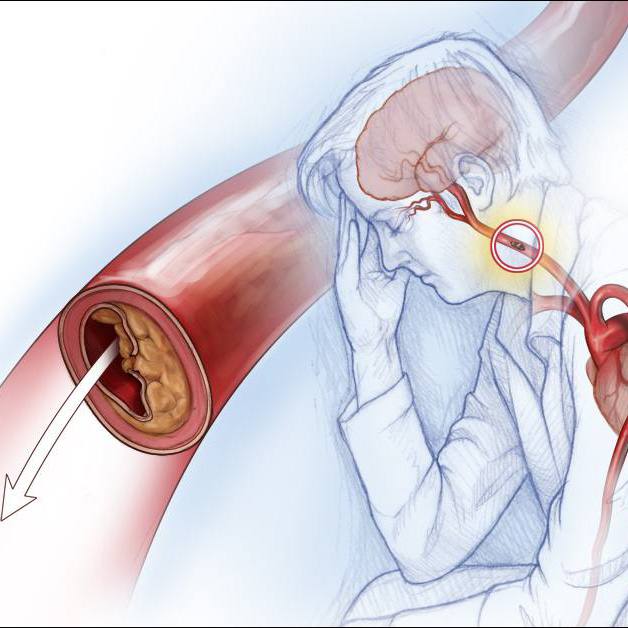-
Mayo Clinic Minute: Why Black women need to be screened for cervical cancer
While all women can develop cervical cancer, non-Hispanic Black women are more likely to be diagnosed and die of cervical cancer, compared to white women in the U.S.
This disparity is not due to genetic differences among white, Black or Hispanic women, but rather related to systemic racism, access to healthcare and socioeconomic factors, says Dr. Olivia Cardenas-Trowers, a Mayo Clinic urogynecologist. That is why she encourages women to learn more about this often-avoidable cancer and get screened, usually starting at 21 for average-risk women.
Journalists: Broadcast-quality video pkg (1:15) is in the downloads at the end of the post. Please courtesy: "Mayo Clinic News Network." Read the script.
Screening for cervical cancer often starts with a Pap test or smear.
"Cervical cancer is diagnosed with tissue sampling, so like with a biopsy, but abnormal cells can be picked up with a screening exam like a Pap smear, which can lead to being able to diagnose cervical cancer," says Dr. Cardenas-Trowers.
Early stage cervical cancer may produce no distinct symptoms, making these regular screenings lifesaving.
"It's really in later-stage cervical cancer where you can see things like abnormal vaginal bleeding and pain, in general or with intercourse," she says.
The biggest risk factor for developing cervical cancer — HPV infection — can be prevented with a vaccine.
"There is a vaccine out there that can be given as early as 9 years old and up to 45 years old. It is very important to know it's not only for women, but actually also for men," says Dr. Cardenas-Trowers.
Access to healthcare and establishing trust is essential to help reduce the cervical cancer mortality rate for Black women, says Dr. Cardenas-Trowers. Her advice for all women is to establish care with a primary care clinician, undergo the recommended screening and get the HPV vaccine for yourself, if you're eligible, and for your children.
Related Articles







